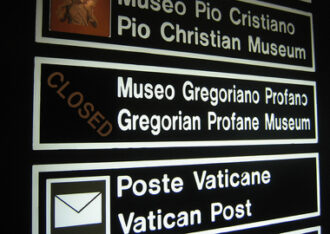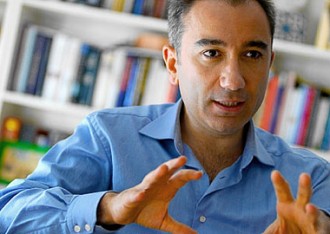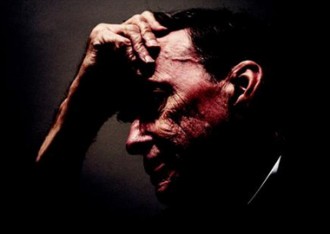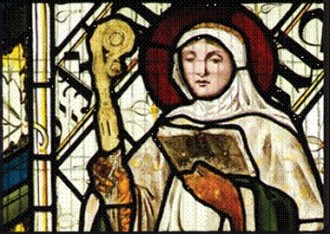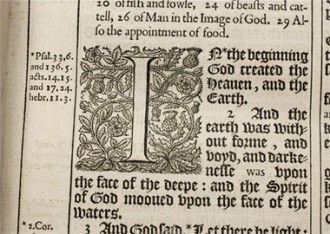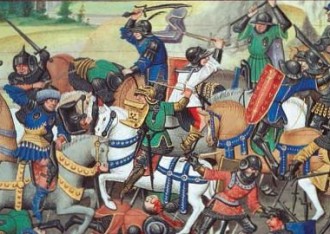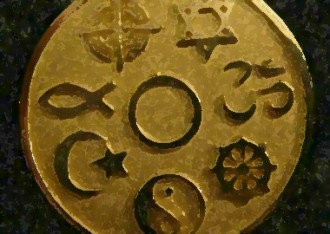Barbara Ehrenreich’s Bright-Sided Explores the Dark Side of Positive Thinking
A new book reveals the historical roots and conservative uses of the positive thinking movement, showing how it encourages victim-blaming, political complacency, and a culture-wide flight from realism.
Read More

